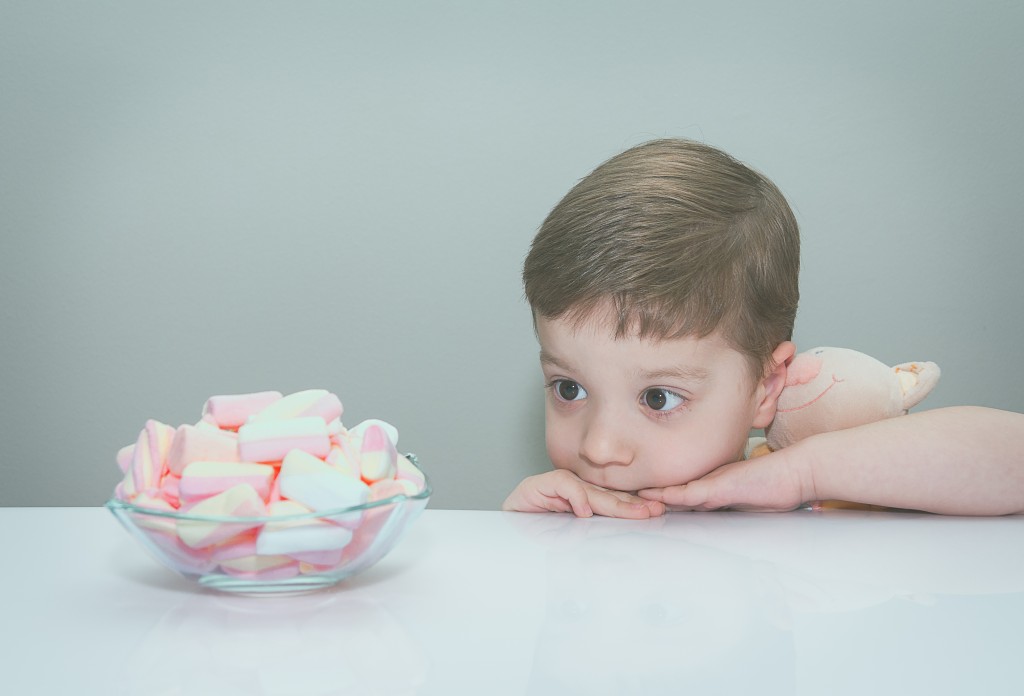
Some scholars and journalists have gone so far as to suggest that psychology is in the midst of a “ replication crisis.” In the case of this new study, specifically, the failure to confirm old assumptions pointed to an important truth: that circumstances matter more in shaping children’s lives than Mischel and his colleagues seemed to appreciate. The marshmallow test isn’t the only experimental study that has recently failed to hold up under closer scrutiny. Instead, it suggests that the capacity to hold out for a second marshmallow is shaped in large part by a child’s social and economic background-and, in turn, that that background, not the ability to delay gratification, is what’s behind kids’ long-term success. Ultimately, the new study finds limited support for the idea that being able to delay gratification leads to better outcomes. The researchers also, when analyzing their test’s results, controlled for certain factors-such as the income of a child’s household-that might explain children’s ability to delay gratification and their long-term success. In restaging the experiment, Watts and his colleagues thus adjusted the experimental design in important ways: The researchers used a sample that was much larger-more than 900 children-and also more representative of the general population in terms of race, ethnicity, and parents’ education. The original results were based on studies that included fewer than 90 children-all enrolled in a preschool on Stanford’s campus. Watts and his colleagues were skeptical of that finding. They described the results in a 1990 study, which suggested that delayed gratification had huge benefits, including on such measures as standardized-test scores.

Mischel and his colleagues administered the test and then tracked how children went on to fare later in life.


The researchers-NYU’s Tyler Watts and UC Irvine’s Greg Duncan and Haonan Quan-restaged the classic marshmallow test, which was developed by the Stanford psychologist Walter Mischel in the 1960s. Passing the test is, to many, a promising signal of future success.īut a new study, published last week, has cast the whole concept into doubt. Whether she’s patient enough to double her payout is supposedly indicative of a willpower that will pay dividends down the line, at school and eventually at work. The marshmallow test is one of the most famous pieces of social-science research: Put a marshmallow in front of a child, tell her that she can have a second one if she can go 15 minutes without eating the first one, and then leave the room.


 0 kommentar(er)
0 kommentar(er)
